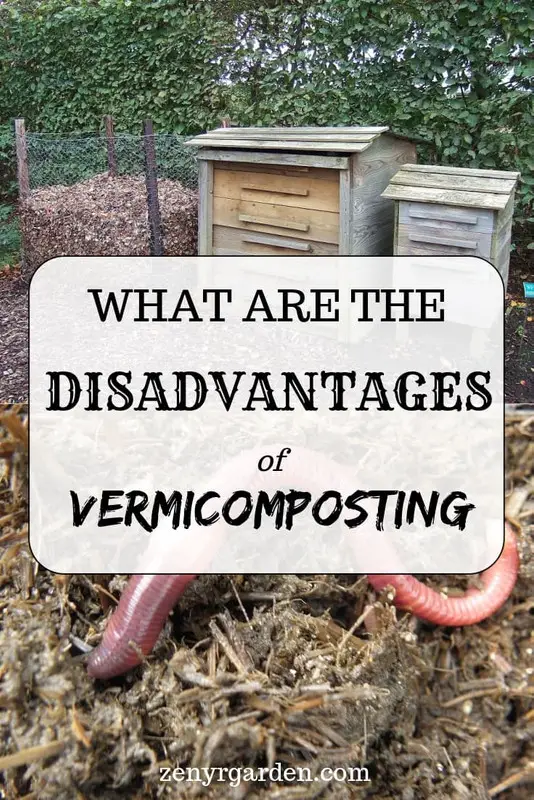One of the challenges that's present with vermicomposting is the filtering out of the worm castings and the worms themselves. As these little guys usually sneak under the organic waste, it can be a challenge to separate them out without accidentally missing any.
Despite this, one simple way to sift the worms out is to add food to one side, and like a magnet, the worms will gradually migrate over towards the foods. We can then make little mounds & sort out the castings on the other side.
Compared to composting with black soldier flies (another great natural composter), vermicomposting takes a bit more time. The average time for the BSF to get a compost batch done is about 2 weeks. For the worms, it can be some months to years depending on the temperature.
Worms, in contrast with the BSF larvae, don't really enjoy munching on meats, bones or other high-protein foodstuff. So these are some things we normally don't put into the bin for vermicomposting.
For this composting style, some worms can be quite sensitive to barometric pressure (atmosphere pressure) changes. When there's a storm coming or some slight changes in the atmospheric pressure, they usually find their way out of the bin by climbing up the bin walls.
Worms escaping like such may get quite unmanageable if you're not prepared for this. Blue worms is one example of a type that's quite temperamental to environment changes. Other ones like the European nightcrawlers and red worms are more hardy and forgiving.
Lastly, not all worms are a good fit for composting though. If you're looking to do vermicomposting, then don't go with earthworms. Earthworms are more for the earth and its aeration. They don't break down organic stuff that well compared to the other types of worms.
If you want some good worm composters, then go with red worms or blue worms. Red worms are very beginner-friendly and easy to keep. Some other types you can choose are European nightcrawlers or African nightcrawlers. Although these are not particularly easy worms for beginners, once you've got a hang of it you'll get very good return. They produce like crazy.
Hopefully this post has made clear some disadvantages of vermicomposting. Despite these downsides, there are apparently good sides to having worms doing the compost for you. With that said, enjoy & See y'all here next time.
Thanks to:
Share or pin this post!


